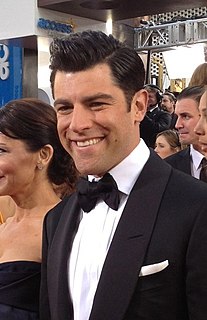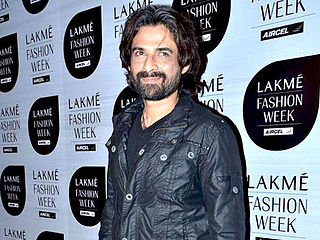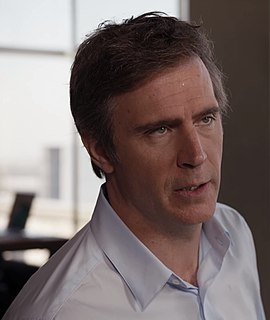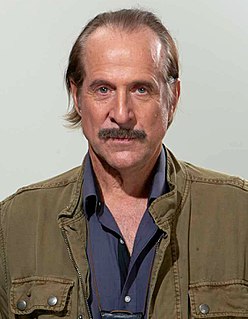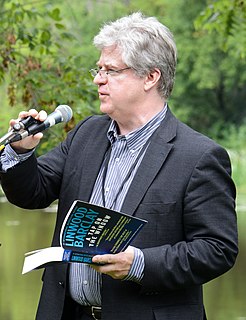A Quote by Max Greenfield
Pilots are so hard because you have to introduce all these characters, you have to hook an audience, and an audience has such a smaller attention span than maybe they used to have.
Related Quotes
If I can get the audience to connect with the characters emotionally - and they love who they are, they love the larger-than-life situation that they're in, but most of all get the audience invested in the characters - then I always feel like I can sort of put them in the most outrageous circumstances, and the audience is okay to go with that.
The average human attention span was 12 seconds in 2000 and 8 seconds in 2013. A drop of 33%. The scary part is that the attention span of a goldfish was 9 seconds, almost 13% more than us humans. That's why it's getting tougher by the day to get people to turn the page. Maybe we writers ought to try writing for goldfish!
